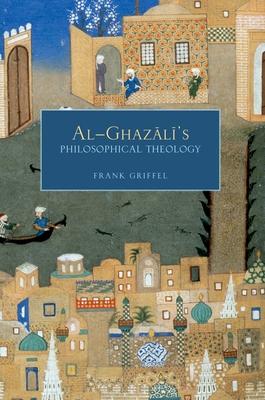
This book offers a comprehensive study of al-Ghazali's life and his understanding of cosmology-how God creates things and events in the world, how human acts relate to God's power, and how the universe is structured. Frank Griffel presents a serious revision of traditional views on al-Ghazali, showing that his most important achievement was the creation of a new rationalist theology in which he transformed the Aristotelian views of thinkers such as Avicenna to accord with intellectual currents that were well-established within Muslim theological discourse. Using the most authoritative sources, including reports from al-Ghazali's students, his contemporaries, and his own letters, Griffel reconstructs every stage in a turbulent career. The al-Ghazali that emerges offers many surprises, particularly on his motives for leaving Baghdad and the nature of his "seclusion" afterwards. Griffel demonstrates that al-Ghazali intended to create a new cosmology that moved away from concerns held earlier by Muslim theologians and Arab philosophers. This new theology aimed to provide a framework for the pursuit of the natural sciences and a basis for Islamic science and philosophy to flourish beyond the 12th century. Al-Ghazali's Philosophical Theology is the most thorough examination to date of this important thinker.
This book offers a comprehensive study of al-Ghazali's life and his understanding of cosmology-how God creates things and events in the world, how human acts relate to God's power, and how the universe is structured. Frank Griffel presents a serious revision of traditional views on al-Ghazali, showing that his most important achievement was the creation of a new rationalist theology in which he transformed the Aristotelian views of thinkers such as Avicenna to accord with intellectual currents that were well-established within Muslim theological discourse. Using the most authoritative sources, including reports from al-Ghazali's students, his contemporaries, and his own letters, Griffel reconstructs every stage in a turbulent career. The al-Ghazali that emerges offers many surprises, particularly on his motives for leaving Baghdad and the nature of his "seclusion" afterwards. Griffel demonstrates that al-Ghazali intended to create a new cosmology that moved away from concerns held earlier by Muslim theologians and Arab philosophers. This new theology aimed to provide a framework for the pursuit of the natural sciences and a basis for Islamic science and philosophy to flourish beyond the 12th century. Al-Ghazali's Philosophical Theology is the most thorough examination to date of this important thinker.
Paperback
$61.22